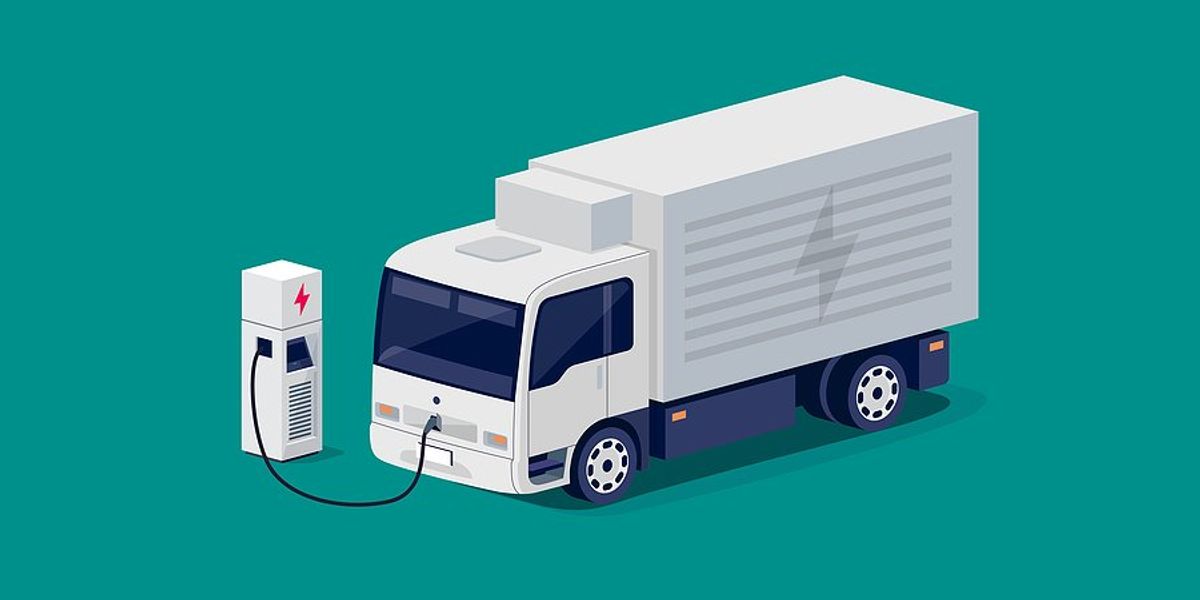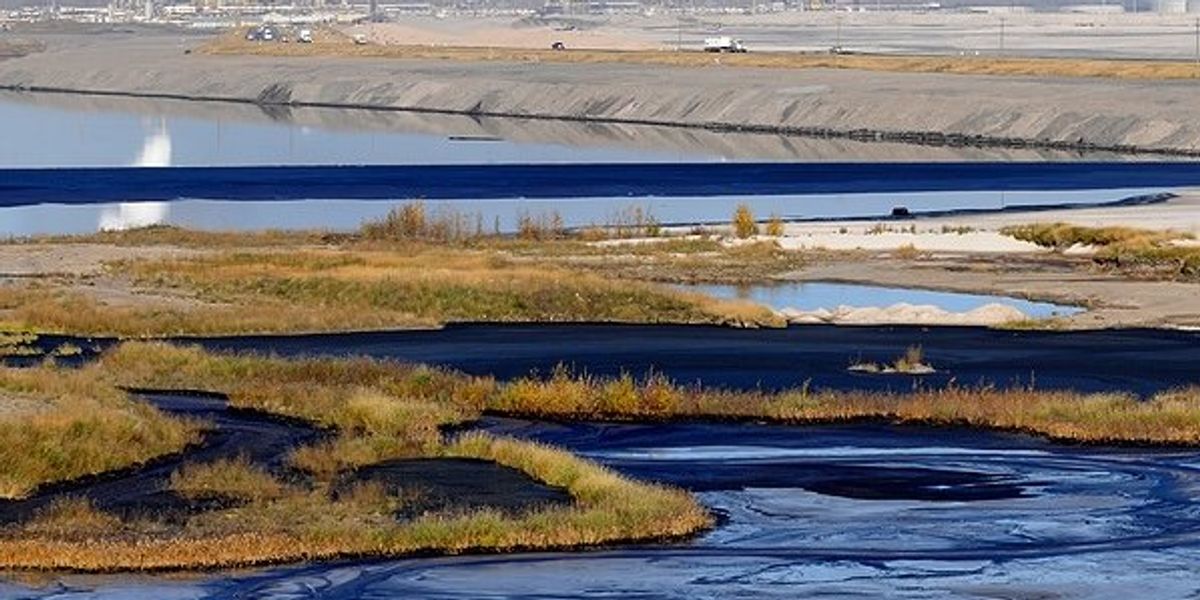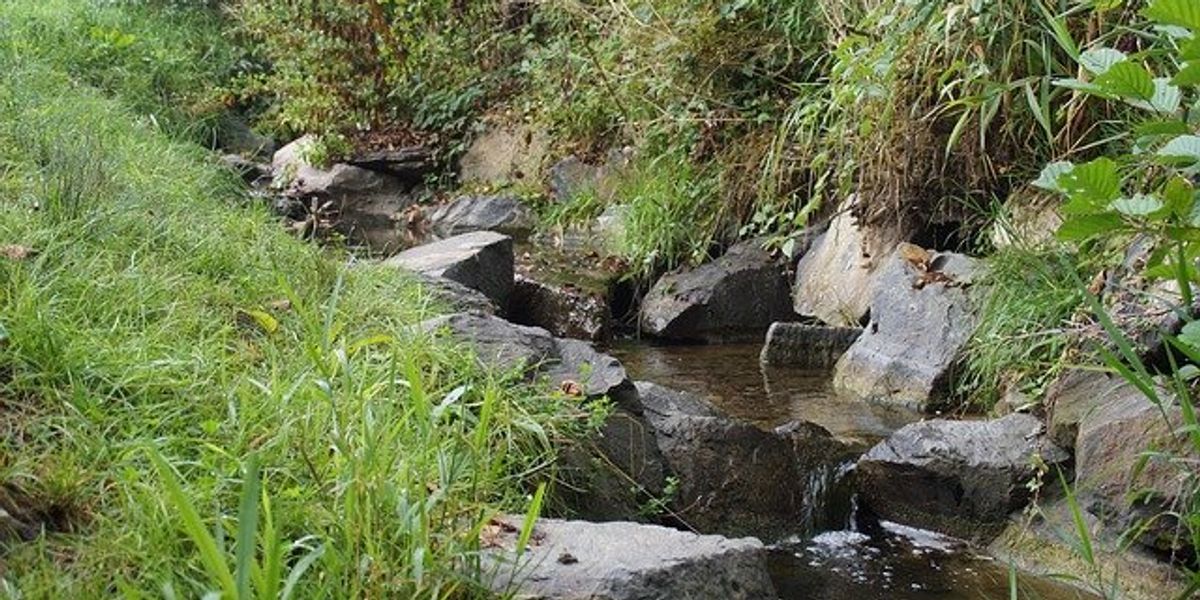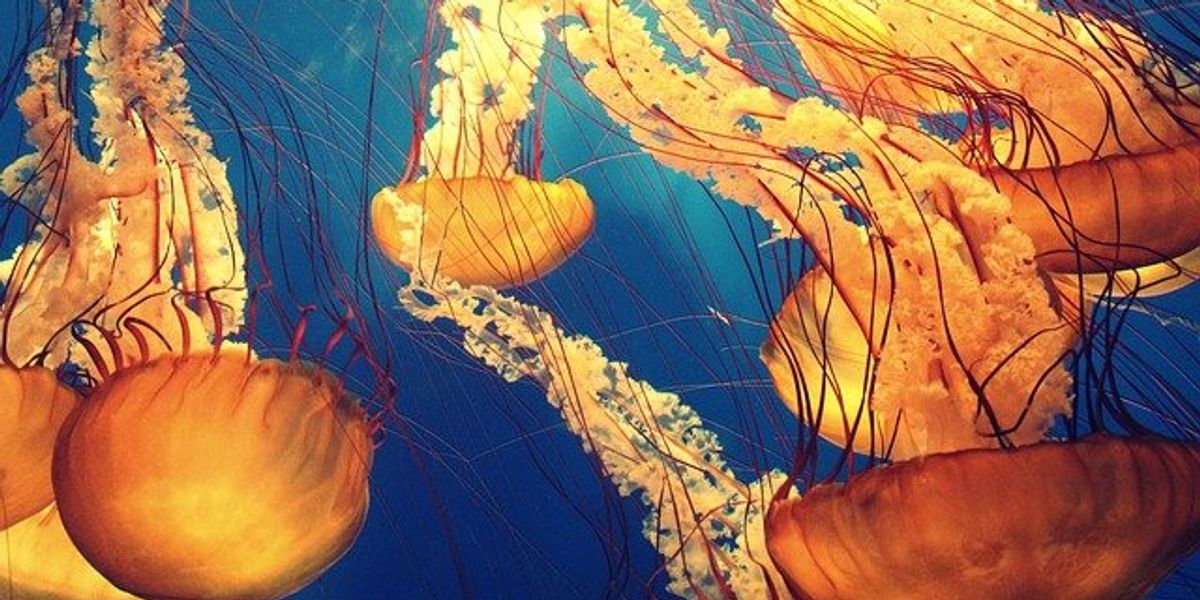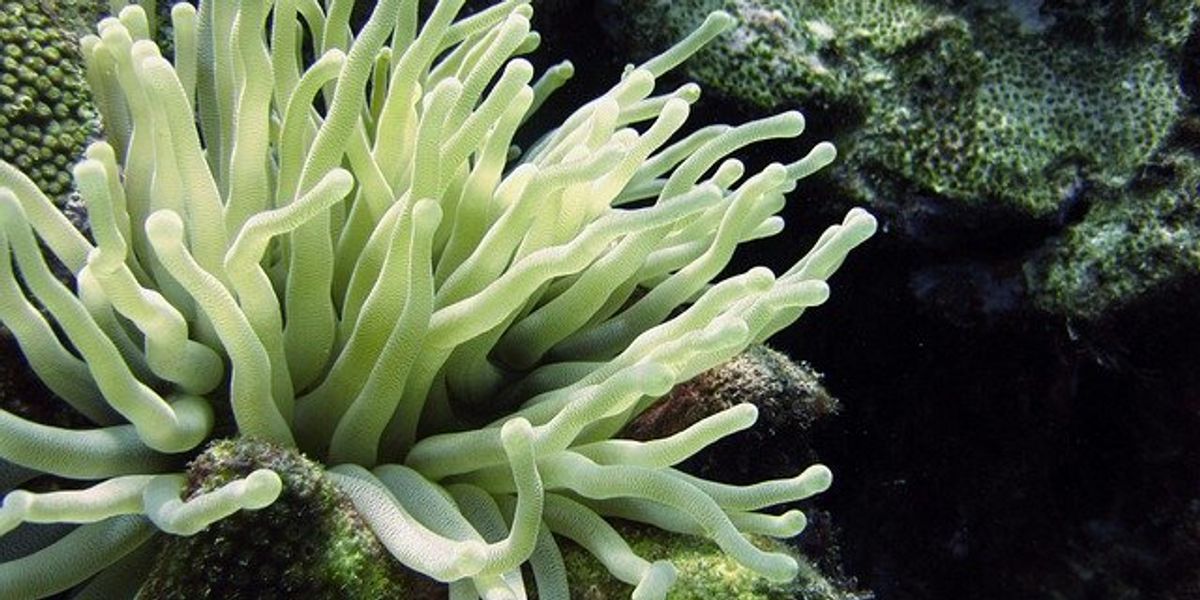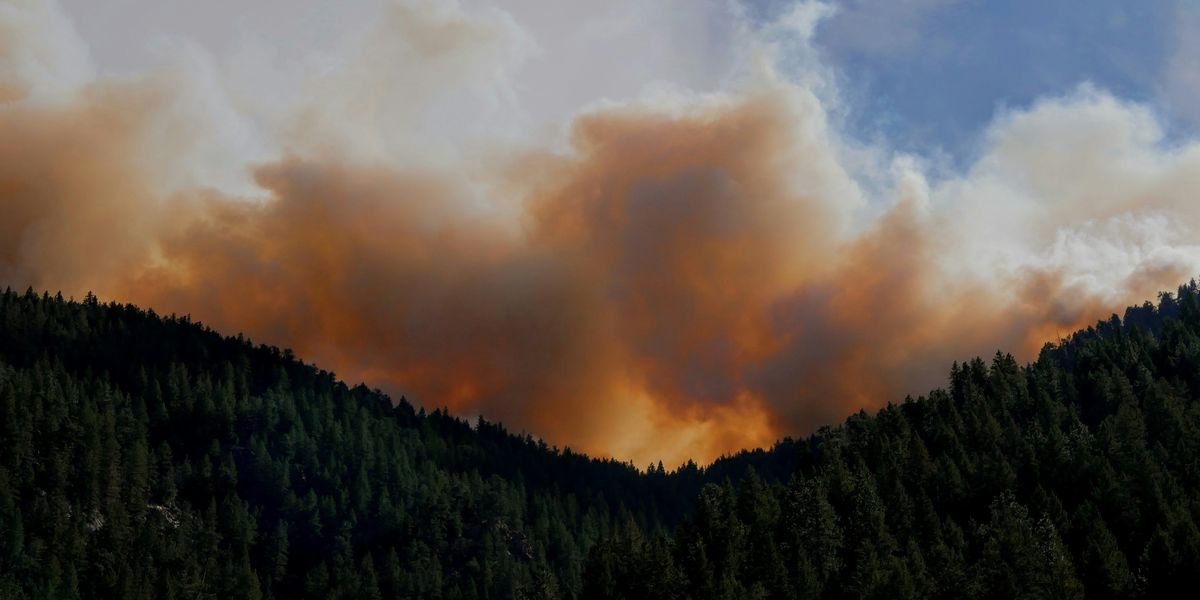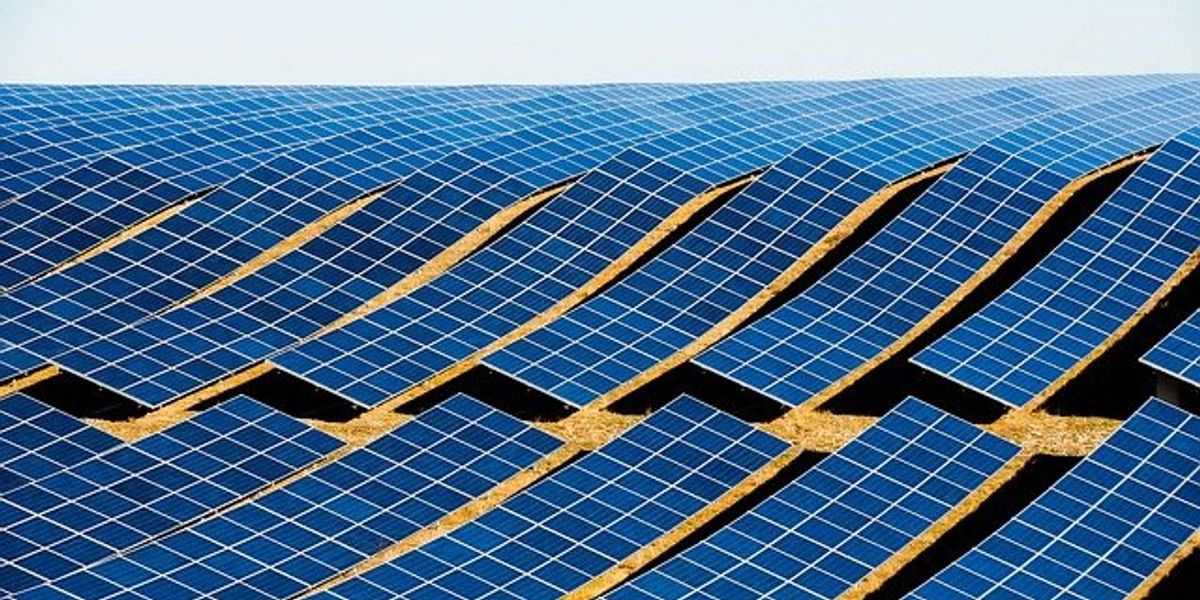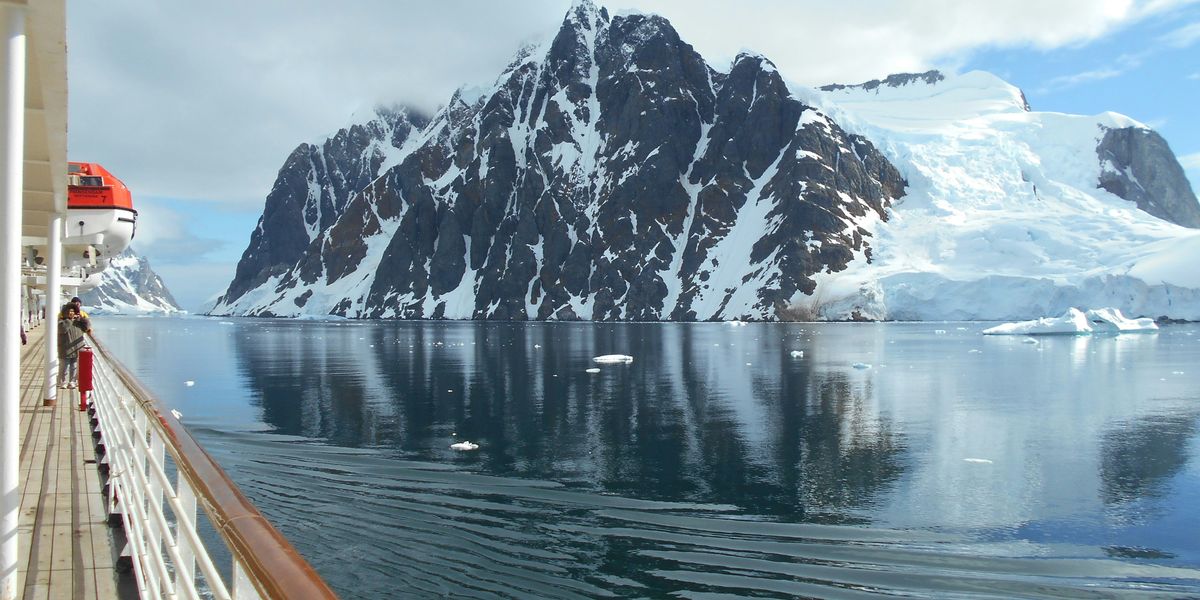pigs
The Field Report: Morality at the center of Supreme Court arguments over raised pigs in crates
Plus, the Department of Justice updates the H-2A program and a new study shows climate change exacerbates farm runoff.
Newsletter
Photo by Slavcho Malezanov on Unsplash
From poop to power: Partnership turns pig manure into energy
The average American eats about 50 pounds of pork each year. Much of it comes from industrial-scale hog farms that raise thousands of pigs at a time. All those animals create an enormous amount of waste.
As African Swine Fever plagues other countries, the U.S. works to keep it out
A highly contagious pig disease most recently has been detected in Haiti and the Dominican Republic.
Cut meat and dairy output by a third to save climate, British farmers told
British farmers must reduce their production of meat and dairy by a third in the next 10 years if scientific advice on limiting greenhouse gas emissions is to be met, the conservation charity WWF has said.
Giant lizards, hissing ducks, and pythons: Florida has an invasive species problem
Should Floridians welcome their new bizarre menagerie or fight back? A dispatch from an extremely Florida war.
www.nytimes.com
Meat plant closures mean pigs are gassed or shot instead
Coronavirus outbreaks at meatpacking plants have created a backlog of animals ready for slaughter but with nowhere to go. Farmers are having to cull them.
www.washingtonpost.com
The next pandemic is already coming, unless humans change how we interact with wildlife, scientists say
The global wildlife trade, agricultural intensification, deforestation and urbanization are bringing people closer to animals, giving their viruses more of what they need to infect us: opportunity.
ORIGINAL REPORTING
MOST POPULAR
CLIMATE












